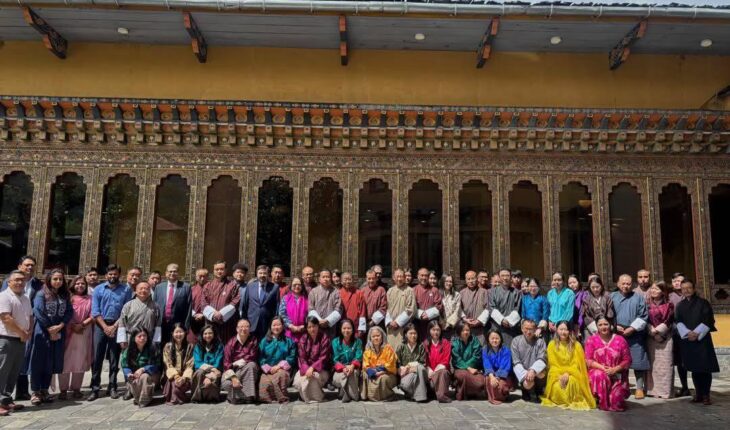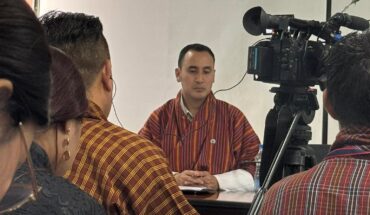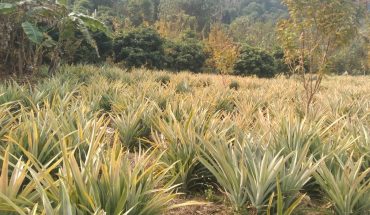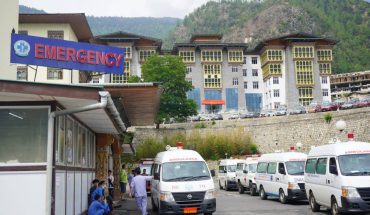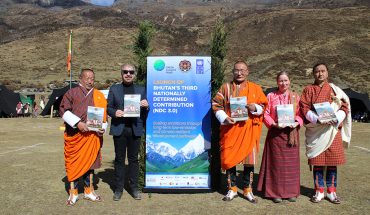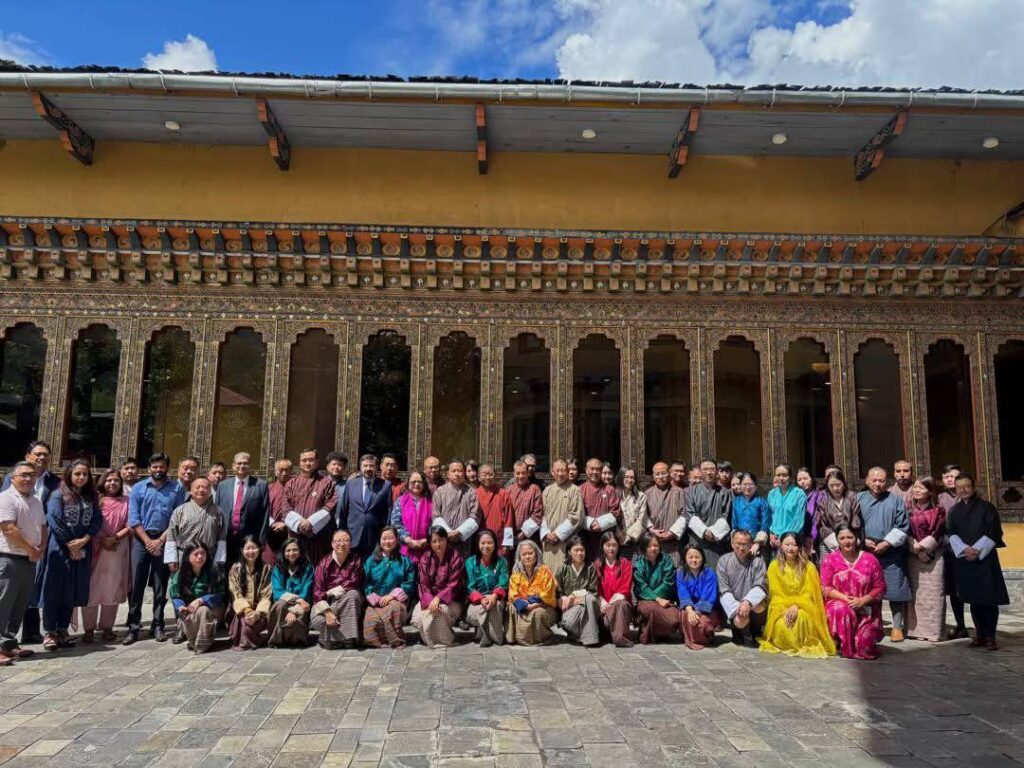
Renewable Lift Irrigation to Power 62,000 Acres, Slash Emissions and Empower Women
TIL BDR GHALLEY
Thimphu
Renewable energy-powered lift irrigation systems have the potential to irrigate up to 62,000 acres of farmland and cut about 68,000 metric tonnes of carbon dioxide emissions annually in Bhutan, according to a joint analysis by the International Centre for Integrated Mountain Development (ICIMOD) and the Department of Energy (DoE).
Currently, only 20 percent of Bhutan’s cultivable land is irrigated. Many farmers rely on diesel pumps that increase operational costs and carbon emissions. The report urges a shift to sustainable alternatives such as solar-powered irrigation to address these challenges.
Bhutan’s agriculture depends heavily on rain-fed farming and faces significant irrigation deficits. Despite abundant water resources, only a fraction is used for irrigation. Existing systems are largely gravity-fed and seasonal, relying on open channels vulnerable to climate variability. These factors have contributed to declining crop yields, increased fallow land, and a rising dependence on food imports, threatening national food security.
The country’s steep terrain requires lifting water from lower-altitude rivers to farmland at higher elevations, making lift irrigation systems powered by renewable energy a practical and necessary solution.
Gender and employment disparities also feature prominently in the report. While 50.7 percent of employed women work in agriculture, a larger share of men are employed in the service sector with 46.4 percent and agriculture with 32.9 percent, highlighting the need for inclusive irrigation solutions that empower women, who make up the majority of the agricultural workforce.
A high-level dialogue on July 3, 2025, in Thimphu brought together government officials, energy and agriculture experts, and development partners to strategize the national rollout of renewable energy-powered lift irrigation.
The event was jointly organized by the Department of Energy under the Ministry of Energy and Natural Resources (MoENR) and ICIMOD under the Women’s Empowerment through Renewable Energy-Powered Lift Irrigation Systems in Bhutan (WERELIS) project, supported by the International Development Research Centre (IDRC) of Canada.
“Renewable energy-powered lift irrigation systems represent more than technology; they are vehicles of empowerment, tools to unlock productivity, and a bridge toward climate smart agriculture,” said Dasho Karma Tshering, Secretary of MoENR. “It will allow us to unlock year-round cultivation and improve the livelihoods of farmers, especially in places where terrain and climate have long posed barriers.”
Karma Penjor Dorji, Director General of the Department of Energy, stressed the importance of diversifying energy sources beyond hydropower. “We have yet to fully explore the potential of a decentralized and distributed power-generation network. Doing so will help enhance productive applications,” he said.
During the dialogue, ICIMOD and DoE launched two publications to support implementation: the Landscape Assessment of Renewable Energy-Powered Lift Irrigation Systems, which identifies institutional challenges and proposes governance solutions, and the Multi-Criteria Assessment Framework, a tool to prioritize projects based on technical, environmental, social, and gender related factors.
They also introduced the Productive Use of Renewable Energy (PURE) platform, which uses satellite imagery and hydrological data to map irrigation needs, assess energy demand, and generate pre-feasibility reports. Karma Penjor Dorji explained, “In the PURE platform, we can find where water shortages exist, where irrigation is needed, and whether renewable systems are viable. These serve as baseline tools for informed decision-making.”
The experts highlighted several challenges, including policy and regulatory gaps, limited technical expertise, unclear implementation frameworks, and restricted financing. Avishek Malla, Energy Intervention Manager at ICIMOD, said, “In Bhutan, the system is still in its early stages. We need proper policies, regulations, targets, and programmes in place to promote it effectively.”
A pilot project in Gangri village, Shaba, Paro, has successfully deployed a solar-powered lift irrigation system covering 80 acres, replacing diesel pumps. Managed by a local water user group and developed by the Department of Agriculture with ICIMOD support, the system benefits from a Power Purchase Agreement (PPA) with Bhutan Power Corporation, allowing surplus electricity to be sold to the national grid. A second pilot is underway in Punakha.
Dr. Kapil Kapoor, Regional Director for IDRC, said, “This is about more than just water, it is about transforming agriculture, empowering women, and tackling the climate crisis in a way that is local, inclusive, and scalable.”
Gender inclusivity is a core focus of WERELIS. Women, who constitute more than half of Bhutan’s farming population, are often excluded from irrigation decision-making. Sarala Khaling, Head of Resilient Economies and Landscapes at ICIMOD, said, “This technology does not just save time and labour for women, it enables them to participate in planning, ownership, and income generating roles.”
Women in Gangri have taken leadership roles within the water user group and received training in system management.
Speakers called for coordinated efforts among the ministries of energy, agriculture, and finance to scale the initiative nationally. Khaling said, “It’s clear this is the next great green innovation in Bhutan. It holds tremendous transformative potential for our crucial food growing sector.”
The dialogue concluded with key recommendations to strengthen institutional coordination through a dedicated nodal agency, develop tailored electricity tariffs for agriculture, encourage private sector participation in system design and maintenance, and explore innovative financing mechanisms such as interest subsidies, cooperative lending, and results based grants.
The renewable lift irrigation market in Bhutan is valued at approximately Nu 30 billion. ICIMOD projects that scaling up could create over 14,700 jobs across the agriculture and energy sectors.
Emphasizing a people focused strategy, panelists called for investment in skill development, inclusive design, and consistent policy enforcement, identifying women as pivotal drivers in scaling lift irrigation across Bhutan.

